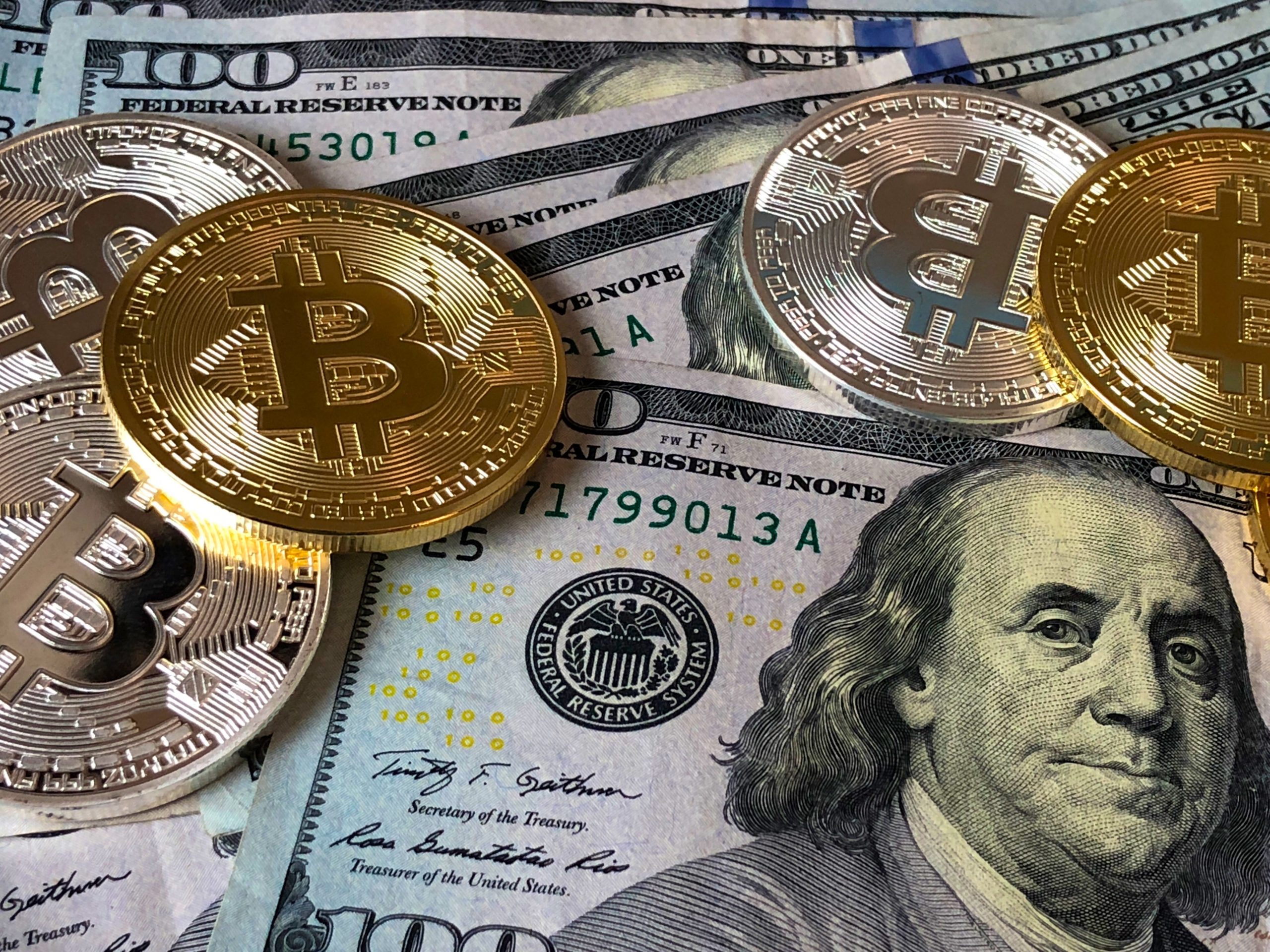
The “most powerful ever” foreign money deal, as U.S. Treasury Secretary Steven Mnuchin has dubbed it, hasn’t shaken the remedy of longtime China bear Kyle Bass. Any provision for China to preserve its foreign money solid as a part of a changing settlement in the works will fail to guide the yuan against the greenback, in step with the Hayman Capital Management founder. The firm entered its quick bet at the offshore yuan in 2015. And Bass is staying the route while some Wall Street banks revise forecasts to are expecting energy within the Chinese foreign money, which’s outperforming nearly all its counterparts across Asia in 2019.
Bass says it’s only a count number of times earlier than China’s darkening economic photo adjustments the entire narrative, spurring a weaker yuan and forcing coverage makers to eat into overseas-change reserves to help it. He argues that China’s $three.1 trillion stockpiles — the world’s biggest — can make the handiest fall to this point. In his view, a drop below the $1.5 trillion-to-$2 trillion range could hinder the go with the flow of trade; plenty of that is financed in dollars. For him, that means China will sooner or later have to abandon any pledge for currency balance, sparking a massive yuan depreciation. “The Chinese can say they’ll do whatever they can do to maintain it stable; however, in the end, they’re losing reserves,” Bass said in a telephone interview this week.

“There’s a variety of at which the Chinese economy will without a doubt come to a halt, which means they gained’t be capable of operating imports and exports.” Bass, who’s based in Dallas, reaped profits using making a bet towards mortgages at some point of the monetary crisis. But not all of his calls in the years due to the fact have been as cautious. He expected a fall apart in Japan’s government-bond marketplace — a stance he said he started sharing publicly in 2010 — however yields there proceeded to fall beneath 0. Reckoning Predicted In current years, he’s turned his interest to China, which he says is headed for painful deleveraging after a decade of rapid credit score enlargement.
SBass says, should the worldwide financial system entered even a mild recession in 2020, a good way to pressure a “comeuppance” in China, sparking bankruptcies of nation-owned firms and restructuring othe monetary sector. That method will quit with the yuan 30 percent weaker against the dollar within a few years; he said this week. The call echoed a prediction he’s been making on account that, as a minimum, 2016, a duration in which other hedge funds abandoned bearish yuan bets. Bass says the devaluation will probably come from a mixture of shifting Chinese policy and market forces, as FX reserves cut back and traders bet towards the forex. Market’s Move “Devaluations aren’t as much as the government,” he stated.
“This will now not be up to China; this will appear to China. The marketplace will realize the other rate on display isn’t near where it ought to be.” In November at a Reuters conference, Bass started to improve his brief role against the offshore yuan, days after it approached its weakest level towards the greenback because it started trading in 2010. The foreign money has rallied around 3 percentage because of Nov. 1, to about 6.73 in keeping with the dollar, even amid symptoms of a weakening financial system. Exports slumped almost 21 percent in February, the Chinese government stated Friday. The foreign money energy follows a turbulent 2018, which noticed it tumble about five percent in opposition to the dollar amid escalating other tensions, raising the hypothesis that China was intentionally weakening the yuan.
The foreign-alternate intervention has been a focal point of U.S. President Donald Trump, who vowed during his 2016 presidential marketing campaign to call China a foreign money manipulator. However, his Treasury Department has declined to achieve this in its reputable semi-annual exams. The U.S. Has insisted on currency provisions in its change agreements in current years — such as both the renegotiated Nafta and the Obama-generation Trans-Pacific Partnership, which Trump abandoned. Bass’s view boils down to that forces in the more or less $five trillion-a-day FX marketplace will upend any foreign money settlement this time around. “To keep it strong, this essentially assumes that the Chinese can control the price at which the rest of the sector values their forex,” Bass stated. “It’s our view that their capability to do so is slipping.”








